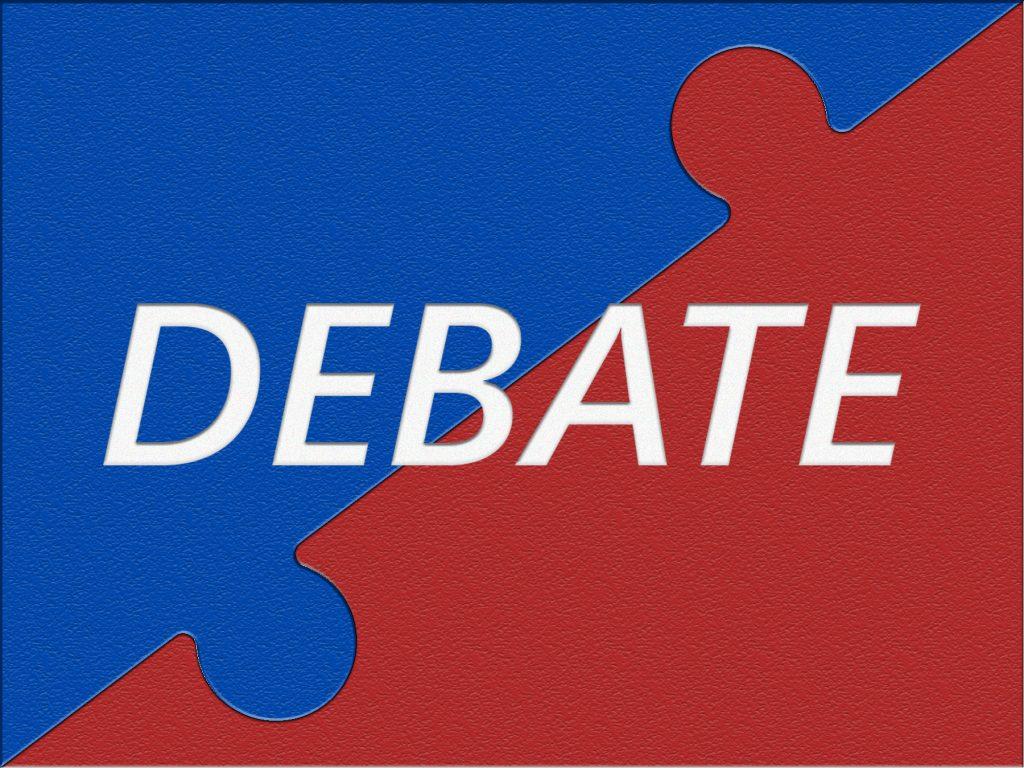Round 1
Blue: Promoting your ideas and action plans is a necessary part of election campaigns and it does take a fair bit of money to achieve, but there comes a point when it becomes excessive. For example, in past campaign seasons, candidates have spent millions of dollars just to promote their ideas. A campaign season can cost billions when you total all the candidates’ spending together. Considering how little most people in this country earn, this is a wasteful amount to spend. Yes, they need to get the word out there, but they need to do it in ways that are more conscientious of wealth disparity. This is especially true when the fact that there are people who might be good choices for office that don’t have nearly as much money to run. There are government funding options for them, but those are limited. Should we allow people with good ideas to get drowned out by those with too much wealth and connections? No. By putting a cap on how much candidates can spend on their campaigns, it keeps the influence given by wealth more equal. And equality means that the people can truly pick who they believe is a good choice, not just the only name they recognize.
Red: The wage gap and income inequality in America are insane. I can’t really argue against that in good faith. However, if we were to try and limit campaign spending it might cause more problems than we realize. Many candidates raise their funds through their campaign supporters. In this way, it is at least a semi-useful metric in gaging how much support a candidate has. More importantly, however, the ultra-rich have a talent for finding loopholes and ways around laws. If we limit campaign spending there is a possibility the dishonest may get the upper hand. A slimy politician could find a way around the limit, while the honest will be at a huge advertising disadvantage. Obviously, it is speculation to assume a candidate would cheat, however looking at the kind of people who often run for president I wouldn’t bet a whole lot on most candidates’ honesty. On a different note, how likely is it that a bill like this would ever get passed? Something tells me a room full of career politicians wouldn’t like passing a bill that limits their own ability to campaign.
Round 2
Red: I think a common argument for the limiting of campaign spending is the obvious advantage the wealthy would get. However, while this has some merit, voters are getting savvier and savvier as to the background of candidates. If someone like Bloomberg can spend 500 million dollars on advertising his campaign, what does that say about his values? Would he be a candidate who understands the struggle of most Americans? Likely not. Meanwhile, other candidates can garner great public relations by fundraising their supporters. Someone like Bernie Sanders asking the public for support does way more to grow his following than a billionaire dropping a year’s worth of profits. The point of all this is that an unrestricted campaign budget can show more about a candidate than we might think. Also, to counterpoint the idea that money spent on campaigning is wasted or insulting to lower class Americans, I would probably say at least the money is getting spent in a way that might help more lower-class people. Travel expenses and dining might end up helping more people than just adding it to an investment portfolio.
Blue: Granted, the public seeing the disparity in the way different candidates handle campaigns might be helped by allowing limitless campaign spending, but savvy candidates will know how to work around that. Much like the earlier point that a dishonest candidate will find every single loophole to work around a capped budget, they would also be deceptive toward the public they’re trying to win over. If they’re smart, they’d use both their money and their public support to their advantage. Since usually, people go with the options they know, this means that a name that is most often repeated positively will get the most following. This only creates a snowball effect, where the richest candidates start with the most influence and keep gaining as they go, outpacing other candidates with lesser budgets since those candidates can’t gain as much public support because their voices were overshadowed by those with more money to spend on campaigning right out the gate. It doesn’t matter if the American people realize that the candidate is splurging on ads and such if they’re having difficulty hearing what the other candidates are saying. If the only people who get to say anything (outside of a debate where the questions are targeted and the answers are limited) are the richest candidates, we’ll only encourage the trend of the rich making the rules. Capping their spending might allow a different result.





